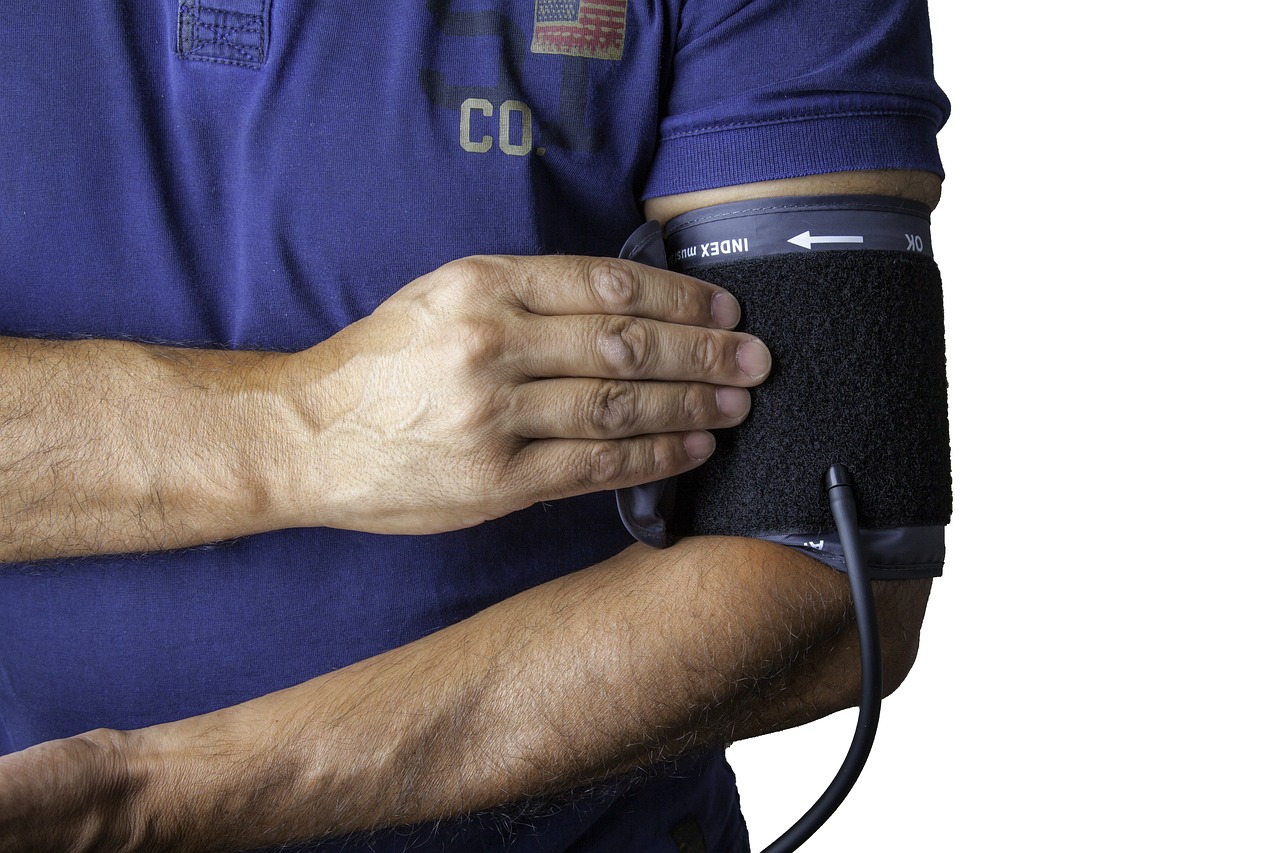The body’s blood pressure fluctuates with some regularity. It changes with the seasons and is usually higher in the winter and lower in the summer.
In winter, when it is cold, the blood vessels contract in the cold, coupled with less sweating, and the blood volume in the blood vessels will not change, the blood pressure will rise. In summer, when it is hot, the blood vessels dilate, plus sweating more, the blood pressure will be a little lower. Therefore, when taking medication, hypertensive patients should also pay attention to the fluctuation of blood pressure according to the changes of the four seasons, under the guidance of the doctor, increase or decrease the amount of medication appropriately, and never stop taking medication arbitrarily.
Secondly, there is also a certain rhythmic fluctuation of blood pressure during the 24 hours of the day. Early in the morning, people wake up from sleep, and the sympathetic nerves start to get excited, the heart rate speeds up, and the blood pressure rises. There is a peak at 8:00 to 10:00 a.m. and at 4:00 to 6:00 p.m., followed by a slow decline to a minimum at night, and maintain a certain level. This is why the same person’s blood pressure is measured several times a day, with different values each time, sometimes even with large differences.
In addition, the fluctuation of blood pressure is also affected by a person’s mood, exercise, diet and other external environmental factors. The volatility of blood pressure is even more pronounced in hypertensive patients. Recognizing the volatility of blood pressure, we cannot draw conclusions based solely on the results of a single blood pressure measurement. If necessary, 24-hour blood pressure monitoring can be done to make a judgment.
Once the summer solstice is over, it is officially the height of summer. Faced with the results of blood pressure measurements, there are many hypertensive patients have such a doubt in their hearts. “Recently, the daytime blood pressure is much lower than before, is it possible to stop the drug or reduce the dose?”
How should I control my blood pressure in the summer?
Some studies have shown that there are differences between summer blood pressure and winter blood pressure. The average daytime blood pressure in summer is about 2 mmHg lower than in winter, the nighttime blood pressure and pulse pressure are higher in summer than in winter, and the proportion of patients with non-arachnoid hypertension and simple nocturnal hypertension is higher in summer than in winter.
In summer, hypertensive patients have greater volatility in their own blood pressure, and should avoid reducing or discontinuing antihypertensive medications unless symptomatic hypotension occurs; unnecessary discontinuation of medications can lead to higher blood pressure, increased blood pressure fluctuations, and increased risk of cardiovascular events. Because of this, summer is often a season of exacerbation of hypertension or high incidence of complications.
How exactly do people with high blood pressure survive the summer in peace?
- Measure your blood pressure regularly
If there are patients with high blood pressure at home, then we must pay more attention in life, to have a blood pressure meter to measure blood pressure, pay attention to their blood pressure at any time. In this way, you can have a better understanding of their own blood pressure, in case the situation can be self-control, or go to the hospital in a timely manner.
- Lifestyle changes
Low-salt and low-fat diet, seven or eight minutes of fullness at each meal, eat more vegetables, drink more water, quit smoking and limit alcohol, moderate exercise, can choose to exercise in the morning or evening, avoid strenuous exercise, control body weight, avoid overweight or obesity, and keep in a good mood.
- Follow the doctor’s instructions to scientifically adjust the use of drugs
In summer, the weather is hot, the quality of sleep decreases, and blood pressure rises at night. Due to the widespread use of air conditioning at home, the temperature around the human body changes greatly, which can easily lead to large fluctuations in blood pressure, causing hypertension complications, and even life-threatening.
At this time, if hypertensive patients arbitrarily stop taking medication, it will also induce cardiovascular and cerebrovascular diseases and endanger their lives. Because everyone has a different tolerance for elevated blood pressure, medication must be different for each individual, and must not be copied from other people’s experience, applying other people’s prescriptions.
The principle of treatment is preferred to long-acting antihypertensive drugs, which can keep the blood pressure stable within 24 hours, and can better control the blood pressure at night and reach the standard for a long time, thus reducing the occurrence of cardiovascular and cerebral vascular diseases, and of course, follow the principle of individualized treatment. At the same time, hypertensive patients should scientifically adjust the medication under the guidance of the doctor.
24-hour smooth control of blood pressure, especially nighttime blood pressure, is the key to blood pressure management in summer. Blood pressure control is easier to achieve in summer than in winter, so it is very important for hypertensive patients to adhere to antihypertensive drugs in summer.




